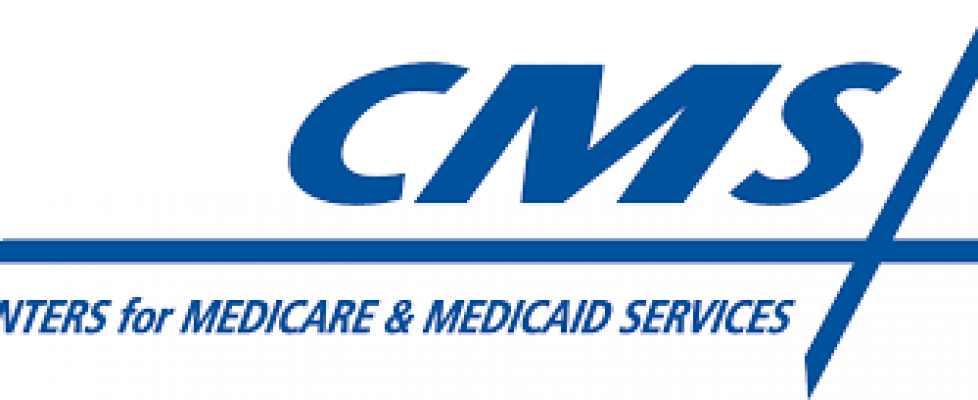CMS to Expand Successful Ambulance Program Integrity Payment Model Nationwide Model shown to save Medicare money while ensuring appropriate access
Today, the Centers for Medicare & Medicaid Services (CMS) announced that it will expand the Medicare Prior Authorization Model for Repetitive, Scheduled Non-Emergent Ambulance Transport (RSNAT) nationwide. The model has saved Medicare about $650 million over four years while preserving quality of care and access to essential services.
As part of CMS’s comprehensive approach to protect taxpayer dollars and target the most significant program integrity risks facing our health care programs, CMS is working to prevent, rather than chase, fraud, waste, and abuse through smart, proactive measures. Ambulance services have long been associated with inappropriate overuse and high improper payments, meaning many payments don’t meet program requirements intentional or otherwise and contribute to inappropriate spending of Americans tax dollars. The CMS Comprehensive Error Rate Testing program, which measures improper payments in the Medicare FFS program, has consistently found ambulance services, and specifically, non-emergent ambulance transports, to be in the top 20 Part B services with improper payments. The estimated improper payment rate for non-emergent ambulance transports in 2017 and 2018 was 22.6 and 18.6 percent, respectively.
The RSNAT Prior Authorization Model tests whether prior authorization or advanced approval of a service before the service is furnished and before a claim is submitted for payment helps save Medicare money while maintaining or improving the quality of care for repetitive, scheduled non-emergency ambulance transportation. These services are covered under Medicare Part B for Medicare beneficiaries who need to ride in ambulances to certain medical appointments, most often for dialysis treatment. With the expansion of this model, CMS is focusing on results and ensuring that the right payments are made at the right time for the right beneficiary for covered, appropriate and reasonable services.
CMS program integrity functions allow us to hold the entire healthcare system accountable, protect beneficiaries from harm and safeguard taxpayer dollars, said CMS Administrator Seema Verma. When deployed appropriately, prior authorization can help ensure Medicare requirements are met before a service is provided and the claim is paid, without creating any new documentation requirements for providers. The RSNAT model has proven a resounding success, and beneficiaries across the country deserve to benefit from it.
Based on the model’s First Interim Evaluation Report in 2018, the Chief Actuary of CMS certified that nationwide expansion of the RSNAT Prior Authorization Model would reduce net Medicare spending. The Second Interim Evaluation Report, which is being released today, supports previous findings. It found that the model reduced RSNAT service use by 63% and RSNAT expenditures by 72% among beneficiaries with end stage renal disease and/or severe pressure ulcers during the first four years of the model. This decrease in RSNAT service expenditures, in turn, caused a total decrease of Medicare fee-for-service (FFS) expenditures of 2% (about $650 million over four years). The report did not find evidence that the model adversely affected quality of care.
The RSNAT Prior Authorization Model began in New Jersey, Pennsylvania, and South Carolina in 2014 and in 2016, North Carolina, Virginia, West Virginia, Maryland, Delaware, and the District of Columbia were added in accordance with section 515(a) of the Medicare Access and CHIP Reauthorization Act of 2015 (Pub. L. 114-10) (MACRA). The model is expanding nationwide under the authority of section 1834(l) (16) of the Social Security Act, as added by section 515(b) of MACRA.
The model’s program integrity, patient safety and cost-savings elements will continue without interruption in the current states beyond December 1, 2020, when the model was originally scheduled to end in these states. CMS will release more information on the national expansion and implementation dates for additional states as it becomes available. The national model will follow the same design as the current model. CMS is continuing to monitor the COVID-19 Public Health Emergency and will take that into account when determining the timeframe for expansion into additional states.

